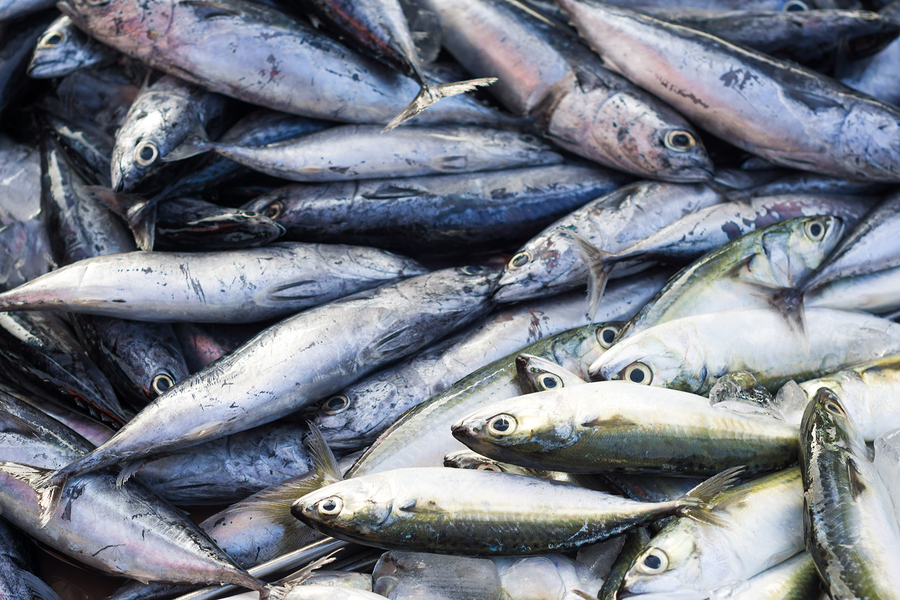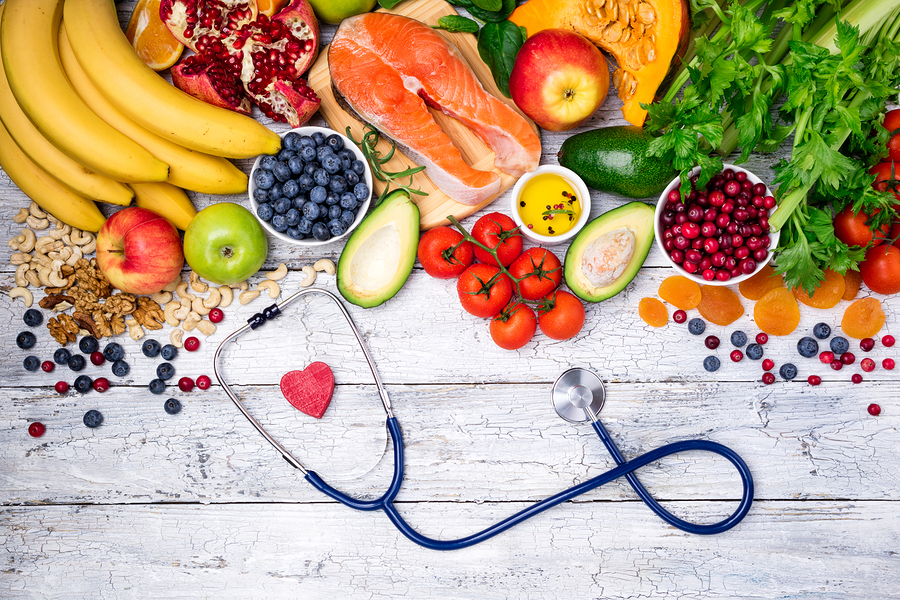What should we be eating to protect ourselves against cancer?
Confused by what we should be eating to stay healthy? Learn which foods can protect against cancer and which should be avoided
According to Cancer Research UK eating a balanced diet could prevent one in 10 cancers so it is important to know which foods we should be eating and which we should avoid.
The whole healthy eating regime is baffling as some foods can be good for us in one way but not so good in another and there always seems to be yet another new trendy, cure-all superfood to eat! Here we share with you the foods that research suggests will protect against cancer and those that do not and so help you to make more informed choices when you go food shopping.
It is worth remembering that alongside eating healthily, we should be maintaining a healthy weight through exercise too.
Which foods should we buy?
Plenty of fruit and vegetables
Research suggests that one in 20 cancers could be as a result of not eating our recommended five portions of fruit and vegetables a day. So eating more fruit and veg is not only good for maintaining a healthy weight it can protect against cancer too.
Fruit and vegetables are packed full of nutrients which all protect against cancer in different ways. Nutrients such as carotenoids are antioxidants that help stop cells being damaged by free radical chemicals and folate found in fruit and veg helps to repair DNA.
But they don’t only contain nutrients they are high in fibre too. Evidence suggests that fibre rich diets can protect against cancer – this is explored in more detail below.
It is important though to eat a wide variety of fruits and vegetables as each contains different nutrients. We can’t get a quick fix from supplements either as research suggests that nutrients don’t reduce cancer risk in the same way when taken as a supplement and in some cases may even increase the risk of disease.
Ditch the white – eat wholemeal bread, pasta and cereals, brown rice and pulses
A diet high in fibre can, in particular, protect against us against bowel cancer. So swap the white bread, pasta and rice for wholegrain and choose lentils, kidney beans and chickpeas along with plenty of fruit and vegetables instead.
Fibre produces a chemical called butyrate which protects us by speeding up the time food stays in contact with the cells lining the bowel. This in turn ensures that more harmful chemicals have less time to be absorbed by the body.
It has also been discovered that if we eat plenty of fibre than it may counter the effects of eating red and processed meats too.

Eat fish once a week
Studies have shown that one 140g portion of fish a week can protect against bowel cancer. Furthermore, although more research is needed, it is likely that oil fish such as salmon, herring and mackerel may also reduce the risk of developing cancer of the prostate.
So choosing fish as an alternative to red or processed meat once a week does benefit us nutritionally and makes up an essential part of a balanced diet.
Which foods to avoid?
Processed meats such as bacon, ham, sausages and salami along with beef, pork, and lamb
According to research, eating too much red and processed meat can increase our risk of developing cancer. This risk is particularly associated with bowel cancer but also stomach and pancreatic cancer too.
Both red and processed meats contain a red pigment called haem. It is believed haem can both harm cells in the bowel and trigger cancer by producing N-nitroso compounds. These chemicals in the bowel can also be produced by the way some processed meats are preserved and by cooking at high temperatures (barbecuing or grilling).
Paradoxically, red meat does contain nutrients beneficial to health such as protein, iron and vitamin B12. So the advice is to reduce your consumption of red meat rather than cutting it out altogether. Studies have also shown that eating plenty of fibre may counter the negative effects – yet another reason for eating plenty of fruit and veg!
Cut down on saturated fat
Although research is ongoing, a link has been shown between consuming saturated fat and the chance of developing breast cancer. It has been suggested that a diet of excess saturated fat can increase hormones that could cause cancer.
Eat less salt
The risk of developing stomach cancer is increased if we have too much salt in our diet. Research suggests that salt may make the lining of the stomach more sensitive to harmful chemicals or even damage it.
A daily allowance of 6g is recommended so avoid putting it on your meals and aim to use less in your cooking. Try adding herbs or spices to flavour your food instead.
Disclaimer
All content on Silversurfers.com is provided for general information only, and should not be treated at all as a substitute for the medical advice of your own doctor or any other health care professional. Silversurfers will not be responsible or liable for any diagnosis made by a user based on the content on www.silversurfers.com and we are also not liable for the content of any external websites or links from or to Silversurfers to any other websites. Please always consult your own doctor if you’re in any way concerned about any aspect of your health.
Melina - Assistant Editor
Latest posts by Melina - Assistant Editor (see all)
- Banana bread with SunGold kiwis - February 20, 2025
- A tribute to Bob Marley - February 4, 2025
- Going to Work on an Egg! - January 29, 2025
- The Very Best of Petula Clark - January 14, 2025
- 50 Years of Coat Trends - January 12, 2025




















